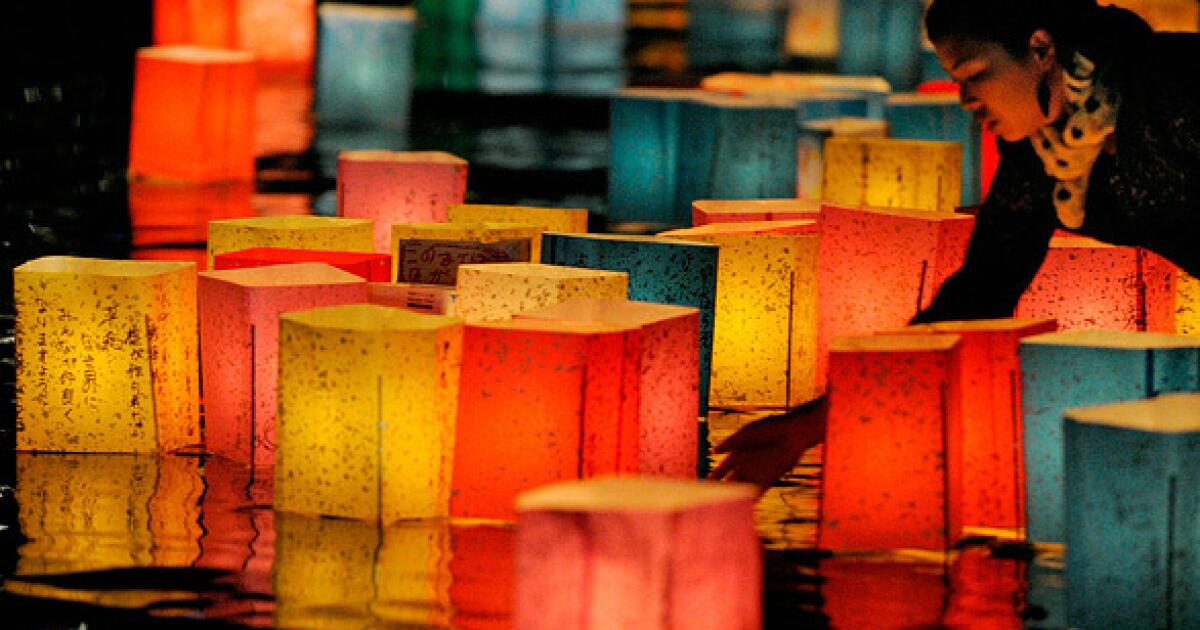I'm not history buff, but this is a very persuasive essay. I was in the bombing was necessary camp in terms of a true dliemma--choosing between two shitty choices.
However, the author here makes a great case that all that was propanganda. Definitely worth the read as Oppenheimer brought this discussion back in the forefront.

 www.latimes.com
www.latimes.com
And the Soviet Union factors big here.
However, the author here makes a great case that all that was propanganda. Definitely worth the read as Oppenheimer brought this discussion back in the forefront.

Opinion: U.S. leaders knew we didn't have to drop atomic bombs on Japan to win the war. We did it anyway
We've been taught that the U.S. had to drop atomic bombs on Japan to end World War II. Historical evidence shows Japan would have surrendered anyway.
The accepted wisdom in the United States for the last 75 years has been that dropping the bombs on Hiroshima on Aug. 6, 1945, and on Nagasaki three days later was the only way to end the World War II without an invasion that would have cost hundreds of thousands of American and perhaps millions of Japanese lives. Not only did the bombs end the war, the logic goes, they did so in the most humane way possible.
However, the overwhelming historical evidence from American and Japanese archives indicates that Japan would have surrendered that August, even if atomic bombs had not been used — and documents prove that President Truman and his closest advisors knew it.
The allied demand for unconditional surrender led the Japanese to fear that the emperor, who many considered a deity, would be tried as a war criminal and executed. A study by Gen. Douglas MacArthur's Southwest Pacific Command compared the emperor's execution to "the crucifixion of Christ to us."
And the Soviet Union factors big here.
"Unconditional Surrender is the only obstacle to peace," Foreign Minister Shigenori Togo wired Ambassador Naotake Sato, who was in Moscow on July 12, 1945, trying to enlist the Soviet Union to mediate acceptable surrender terms on Japan's behalf.
But the Soviet Union's entry into the war on Aug. 8 changed everything for Japan's leaders, who privately acknowledged the need to surrender promptly.
Allied intelligence had been reporting for months that Soviet entry would force the Japanese to capitulate. As early as April 11, 1945, the Joint Chiefs of Staff's Joint Intelligence Staff had predicted: "If at any time the USSR should enter the war, all Japanese will realize that absolute defeat is inevitable."
Truman knew that the Japanese were searching for a way to end the war; he had referred to Togo's intercepted July 12 cable as the "telegram from the Jap emperor asking for peace."
Truman also knew that the Soviet invasion would knock Japan out of the war. At the summit in Potsdam, Germany, on July 17, following Stalin's assurance that the Soviets were coming in on schedule, Truman wrote in his diary, "He'll be in the Jap War on August 15. Fini Japs when that comes about." The next day, he assured his wife, "We'll end the war a year sooner now, and think of the kids who won't be killed!"
While a majority of Americans may not be familiar with this history, the National Museum of the U.S. Navy in Washington, D.C., states unambiguously on a plaque with its atomic bomb exhibit: "The vast destruction wreaked by the bombings of Hiroshima and Nagasaki and the loss of 135,000 people made little impact on the Japanese military. However, the Soviet invasion of Manchuria … changed their minds." But online the wording has been modified to put the atomic bombings in a more positive light — once again showing how myths can overwhelm historical evidence.
Before the bombings, Eisenhower had urged at Potsdam, "the Japanese were ready to surrender and it wasn't necessary to hit them with that awful thing."



